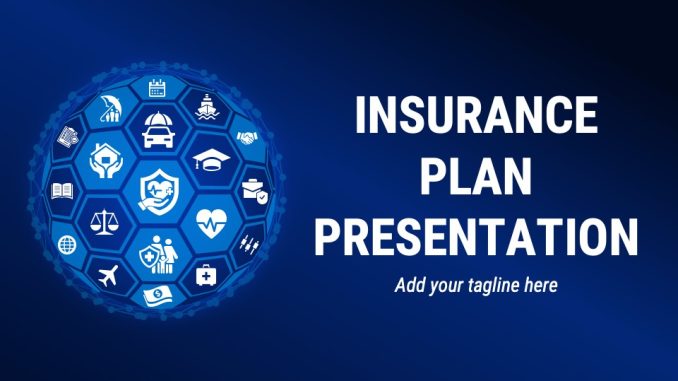
A good insurance plan is more than a financial product—it’s a strategic foundation for personal and professional resilience. While insurance is often viewed through the lens of necessity or compliance, its true power lies in its ability to transform uncertainty into confidence. It allows individuals and businesses to take risks, pursue growth, and recover from setbacks without jeopardizing their long-term stability. In this way, insurance becomes not just a safety net but a catalyst for progress.
The transformative nature of insurance is most evident during moments of crisis. Consider a family whose home is damaged by a natural disaster. Without adequate coverage, the financial burden of repairs, temporary housing, and lost possessions could derail their savings and future plans. But with a comprehensive homeowners policy in place, they can focus on rebuilding rather than scrambling for resources. The policy doesn’t just reimburse expenses—it restores a sense of control and continuity. That emotional and financial stability is what makes insurance transformative. It turns chaos into a manageable process and allows people to move forward with dignity.
For businesses, the stakes are even higher. A single liability claim, cyberattack, or supply chain disruption can threaten operations and reputation. A well-structured insurance plan tailored to the business’s specific risks can mean the difference between survival and closure. For example, a small manufacturer with business interruption coverage can continue paying employees and meeting obligations even if production halts due to unforeseen events. This continuity not only protects the bottom line but also preserves relationships with customers, suppliers, and staff. Insurance, in this context, becomes a strategic asset—one that supports agility and trust in volatile environments.
The psychological impact of a good insurance plan is often underestimated. Knowing that you’re protected against major financial shocks reduces stress and enables clearer decision-making. Entrepreneurs, for instance, are more likely to innovate and invest when they know their assets and liabilities are covered. Families can plan for the future—whether it’s education, retirement, or travel—without the constant fear of financial derailment. This sense of security fosters a mindset of possibility rather than limitation. Insurance doesn’t eliminate risk, but it reframes it, allowing people to engage with life and business more fully.
Customization is key to unlocking the full potential of insurance. A generic policy may offer basic protection, but a plan tailored to individual needs can provide transformative value. This requires thoughtful assessment of lifestyle, goals, and exposures. A young professional might prioritize disability and health coverage, while a retiree may focus on long-term care and estate planning. Similarly, a tech startup will have different insurance needs than a construction firm. Working with knowledgeable advisors to design a plan that reflects these nuances ensures that coverage is both relevant and responsive. It’s not just about having insurance—it’s about having the right insurance.
Technology is enhancing the transformative power of insurance by making it more accessible, transparent, and personalized. Digital platforms allow users to compare policies, manage claims, and receive real-time updates. Insurtech innovations are enabling dynamic pricing, usage-based coverage, and predictive analytics that anticipate needs before they arise. These advancements are shifting insurance from a reactive product to a proactive service. For example, smart home devices can alert insurers to potential water damage, triggering preventive measures and reducing claims. This kind of integration turns insurance into a living part of the household or business ecosystem, rather than a distant contract.
Education also plays a vital role in maximizing the benefits of a good insurance plan. Many people purchase coverage without fully understanding what it includes or how to use it. This lack of awareness can lead to underinsurance, missed claims, or unnecessary expenses. Financial literacy initiatives that include insurance education empower individuals to make informed choices and engage with their coverage proactively. When people understand the mechanics and purpose of their policies, they’re more likely to review, update, and optimize them over time. This engagement transforms insurance from a passive expense into an active component of financial wellbeing.
The ripple effects of a good insurance plan extend beyond the individual or business. Communities benefit when residents and enterprises are insured. Recovery from disasters is faster, economic stability is stronger, and public resources are less strained. Insurance supports social resilience by enabling people to rebuild, rehire, and reinvest. It also fosters a culture of responsibility, where risks are acknowledged and managed rather than ignored. In this way, insurance contributes to the broader fabric of economic and social health.
Ultimately, the transformative power of a good insurance plan lies in its ability to turn vulnerability into strength. It equips people to face the unknown with preparation and poise. It supports ambition by cushioning the impact of failure. And it reinforces stability by ensuring that setbacks don’t become catastrophes. In a world defined by complexity and change, insurance offers a rare kind of clarity—a promise that even when things go wrong, you won’t be alone. That promise, when thoughtfully structured and consistently maintained, becomes one of the most powerful tools for building a secure and empowered future.